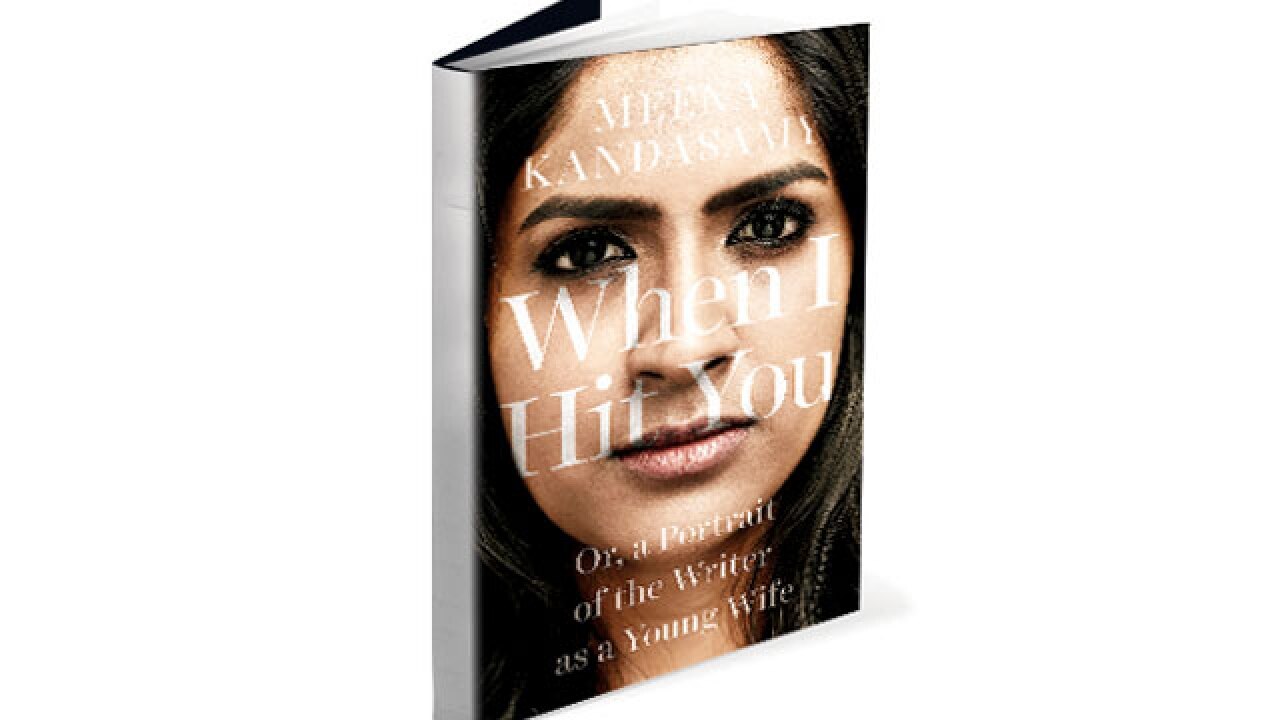
Meena Kandasamy’s When I Hit You is a part-autobiographical novel about an abusive marriage - a subject that few women, especially in India, have tackled. Kandasamy writes in detail about the abuse - the beatings, rape, intimidation, humiliation and physical degradation. It’s powerful, poetic writing, revealing an in-the-skin understanding of the abuser and the abused. Edited excerpts of an email interview:
It was difficult, I had to constantly push myself so much that over a point of time if ever there was a shred of self-pity in me, it had been erased thoroughly. Looking back, I think I coped really well, though it must have been incredibly hard on Cedric, my partner—because he had to put up with a very sad, very volatile person.
The women’s responses have been great. I got a couple of poems as responses; that was very touching. One woman asked me, “I’m in a bad relationship — will he ever change or should I walk out?” What I must totally share with you are some male responses that have been naïve, annoying and hilarious: one man complained that even after reading my book he could not find out why his young wife left him so he plans to write about it. Another man wrote an email saying that he was working in a private bank and so on, and willing to marry me (“proposal may be blunt and absurd, but is sincere,” he wrote); another man said he was happy that I was finally taking up women’s issues.
The age of writing cautionary tales for women (don’t marry in haste, don’t dress this way, don’t step out at night) — that age is the middle ages. That age is long gone. I think, perhaps, this book is a cautionary tale for misogynists and wife-beaters!
No. I don’t think so at all. What is a myth is that women are not equal to men —and that has to be broken. I grew up in a family where my mother was the sole breadwinner — she supported my dad and two school-going daughters and a host of pet animals. I grew up with a dad who stayed at home and took care of each of our needs and was always available if we needed him. Equality is possible the moment a man is able to unload his ego.
Yes, you are absolutely right. Each of us wants to be in charge of our own stories — we do not want to be force-fitted into a narrative that someone else has tailored for us. Being a writer only brings that autonomy and determination to the fore; whether you are a novelist or a poet, you are bursting with the urge to own your voice, your story, your narrative. Poetry used to be the place where I used to stash all my anger — but now, when I work with fiction — this is where I immerse myself, pay attention to detail, and in a sense, because the writing itself takes years and years, it allows one to heal.
It is just out in India, and I don’t think they have read it yet! I haven’t got the guts to ask them what they make of it, and I don’t think I will summon that sort of courage either — in fact, it is not just the case with my parents, but with a lot of my best friends. I cannot bring myself to ask them what they think of my work. I feel extremely shy and awkward.